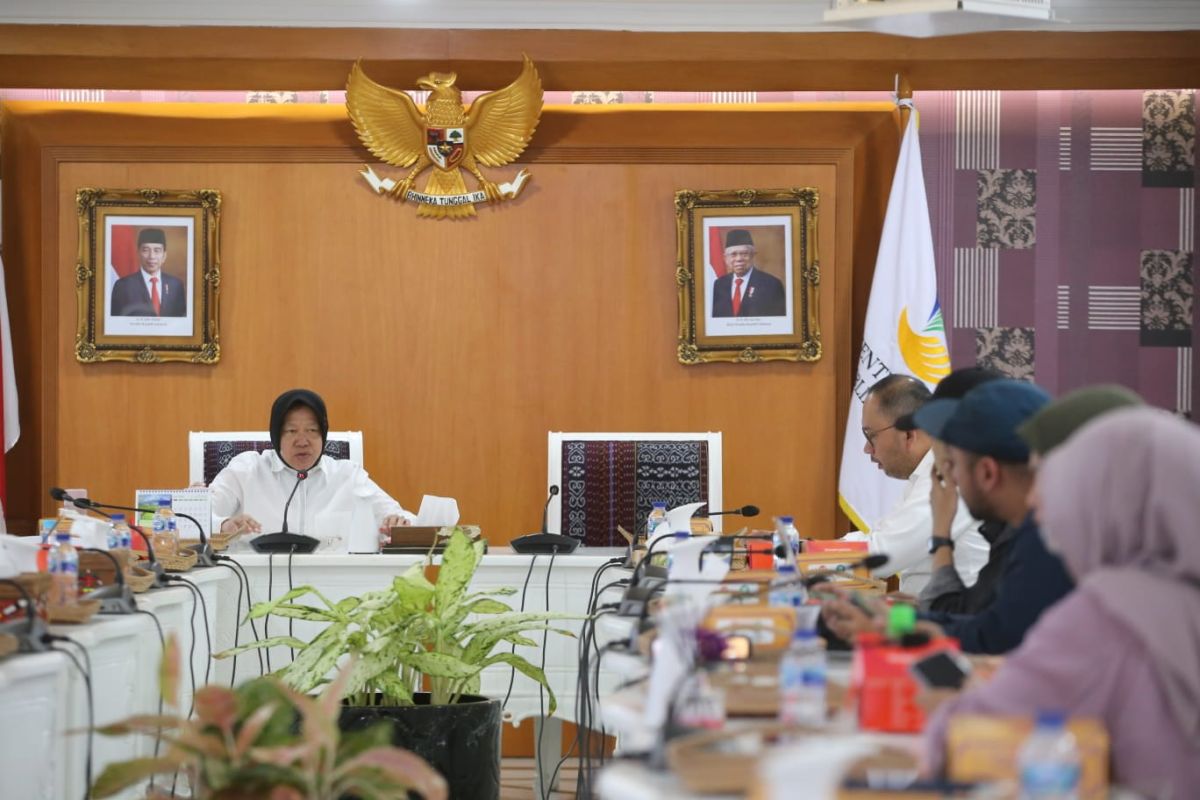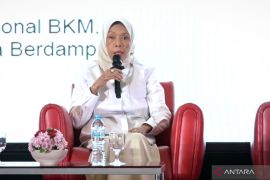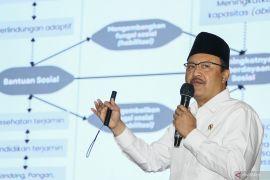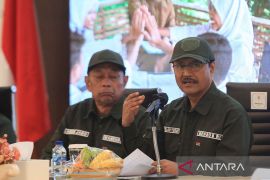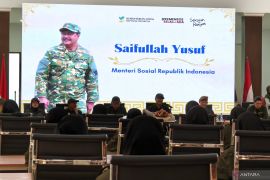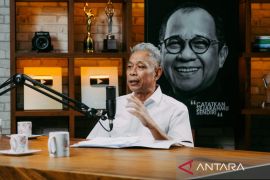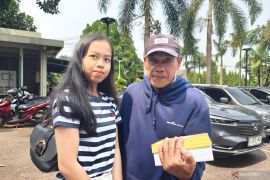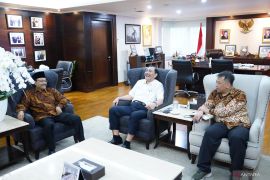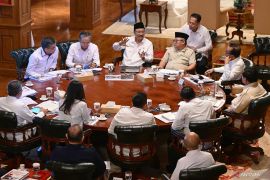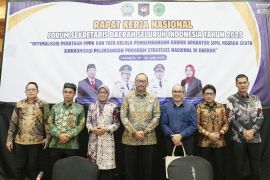"I have given directives to leaders of centers to map the potentials in those areas deemed as poor, so we can pursue economic improvement. For example, in East Nusa Tenggara, the potential is agriculture, so we max out its potential," the minister noted here on Thursday.
Rismaharini explained that extensive efforts were being made to ensure that people can better their lives and get out of poverty by tapping into the available potentials.
The minister noted that poverty eradication efforts through coaching to encourage their economic independence was provided to the people of Sebatik, Krayan bordering Malaysia, Wini, Malaka, Atambua bordering Timor-Leste, Skouw bordering Papua New Guinea, and Bertam bordering Singapore.
She cited as an example the Wini area where the potential of its cultivated sunflowers is developed in order to improve the selling point of local tourism. The ministry also taught the people there that the flowers' seeds can serve as raw material for cooking oil, and they also provided tools to create woven fabrics, Rismaharini elaborated.
Moreover, the ministry collaborated with the State Borders' Post to improve Skouw people's capability by establishing four kiosks for people to sell their products, such as laying hens and pigs, she remarked.
The minister also revealed that they had sent some people to follow the training in East Nusa Tenggara.
The ministry has aided the people of Malaka by giving laying hens and tools to make crafts, such as woven bags, she remarked. Moreover, the ministry has tapped into the area's agriculture potential, as the area has fertile soil and cool temperatures, Rismaharini pointed out.
The Social Affairs Ministry has provided boats for Bertam's children to get to schools as well as facilitated them with access to online learning, she stated.
Minister Rismaharini noted that the ministry handles human trafficking cases by addressing its root causes, such as poverty, and by protecting the victims. As for other aspects, such as law enforcement, the responsibility falls on the shoulders of other ministries and institutions, she explained.
"We push for their education to press down the rate of human trafficking victims. If the economic condition is good, then they would not be lured by some random jobs or migration," she added.
Related news: Gov't highlights livelihood-improving efforts in remote regions
Related news: BKKBN takes digitalization route to prevent stunting in remote regions
Translator: Hreeloita Dharma S, Mecca Yumna
Editor: Rahmad Nasution
Copyright © ANTARA 2023
